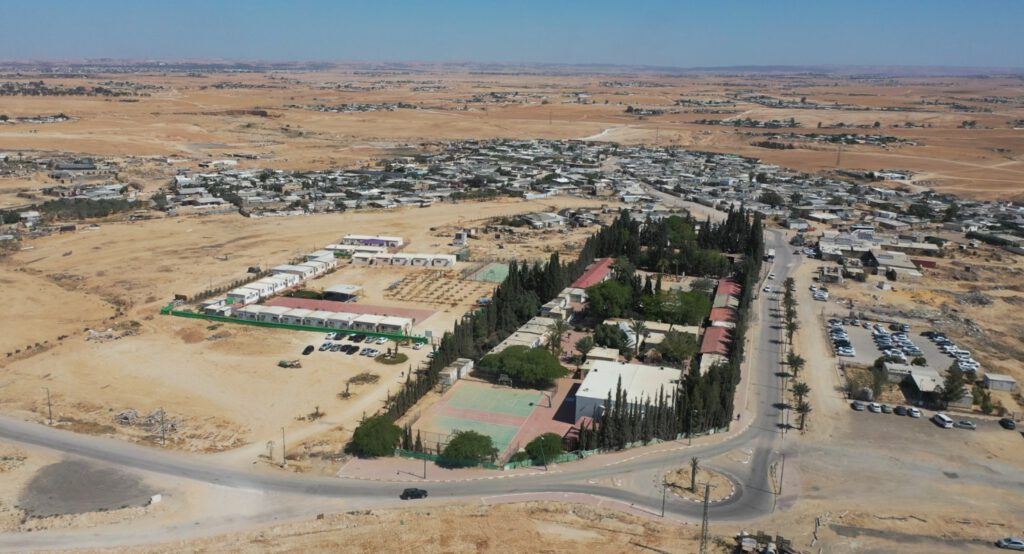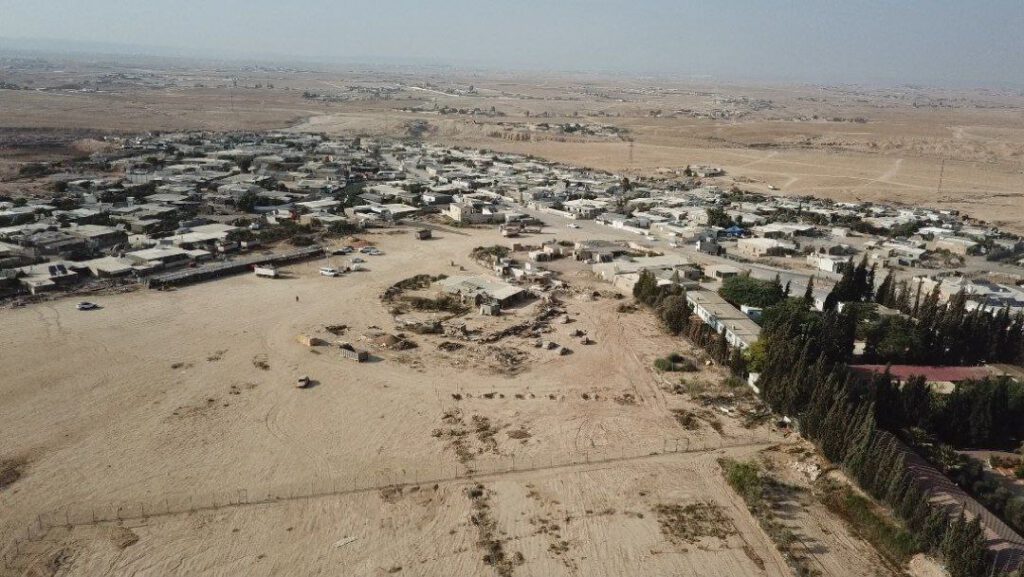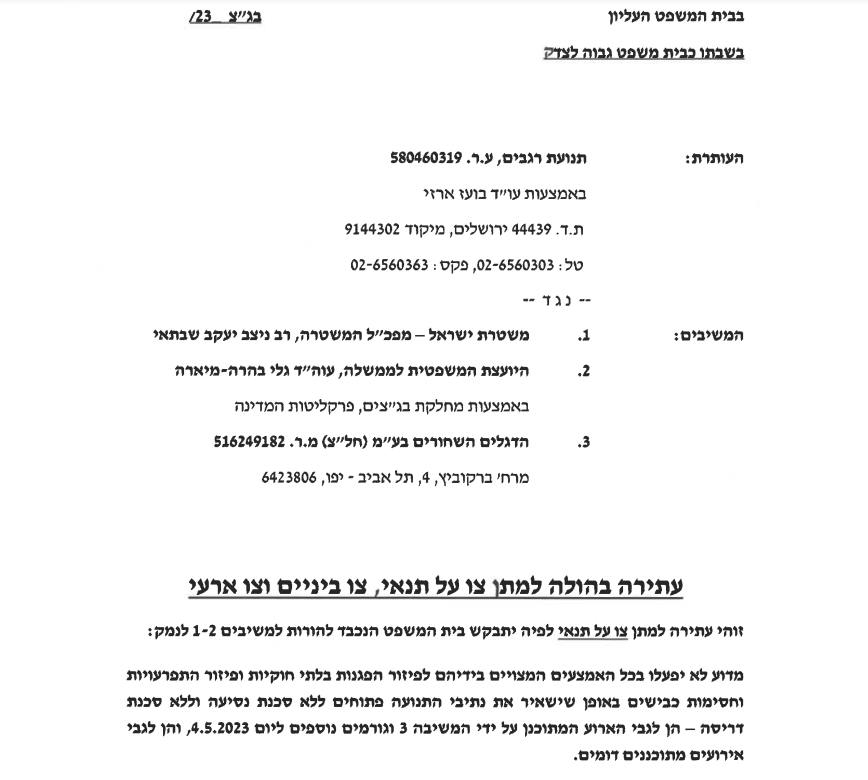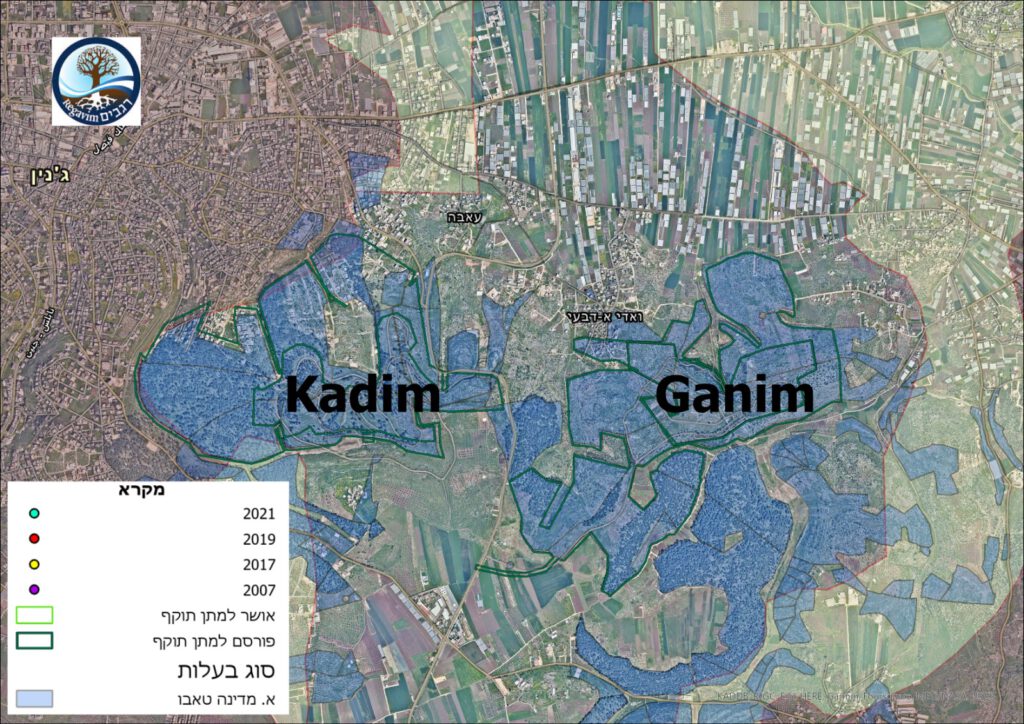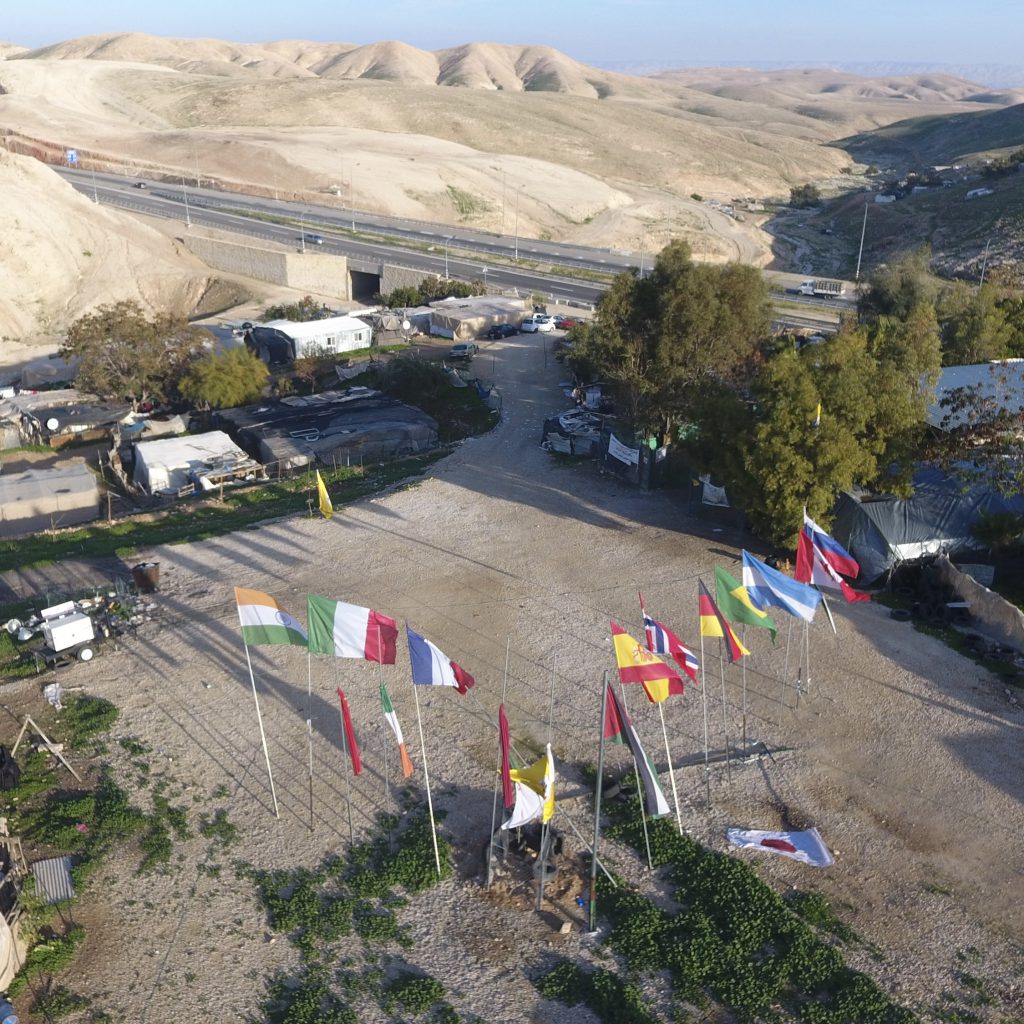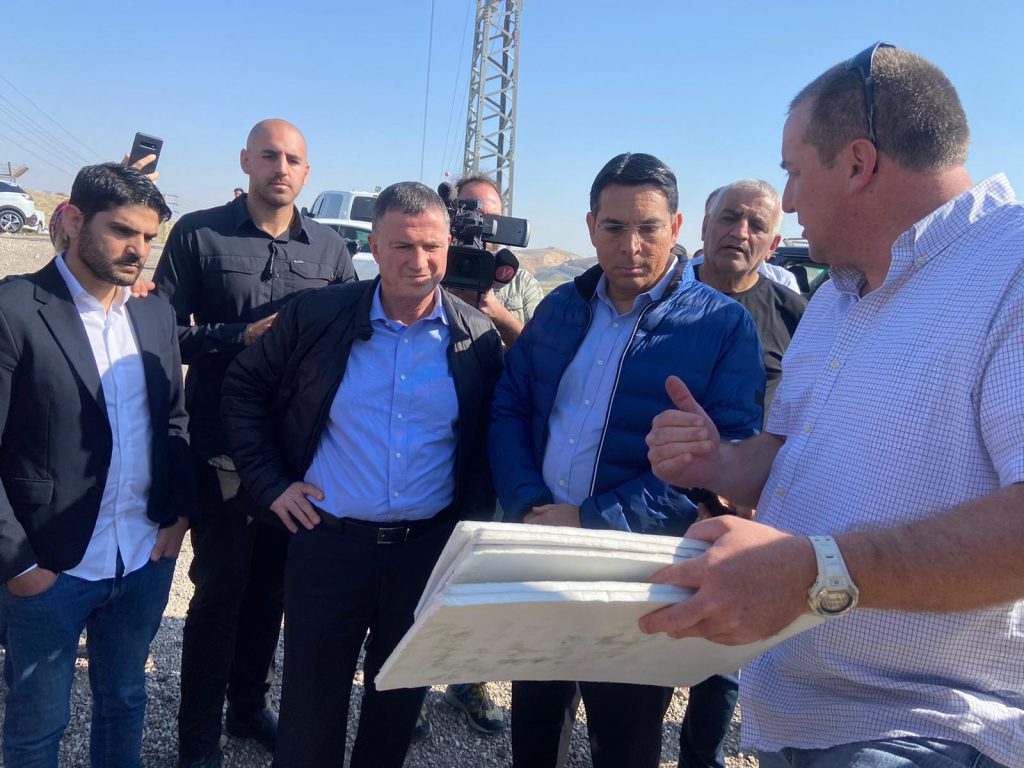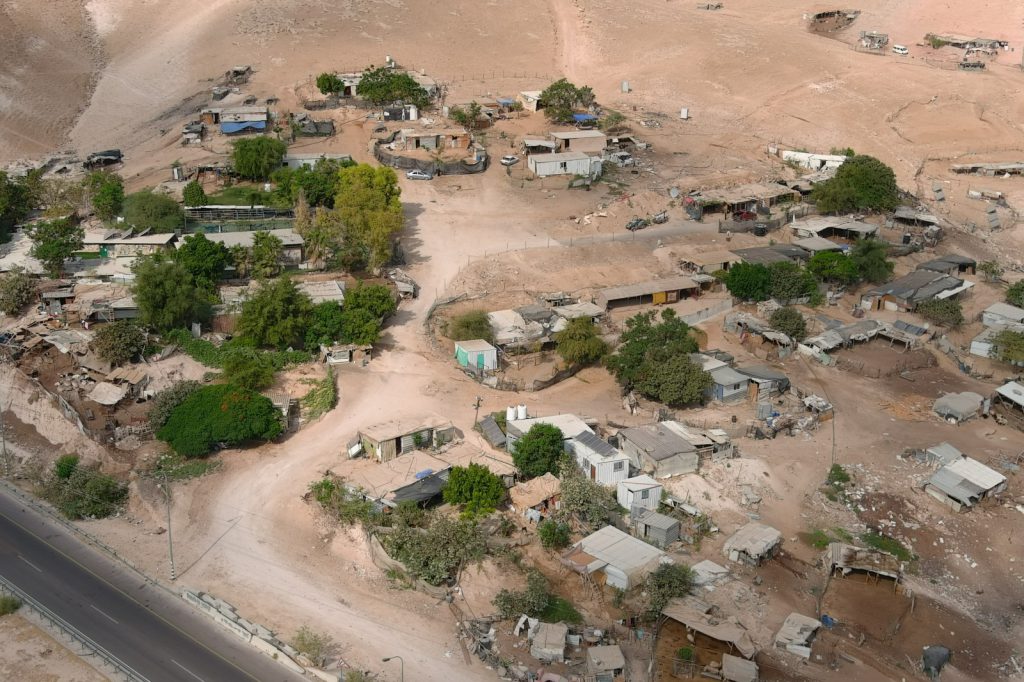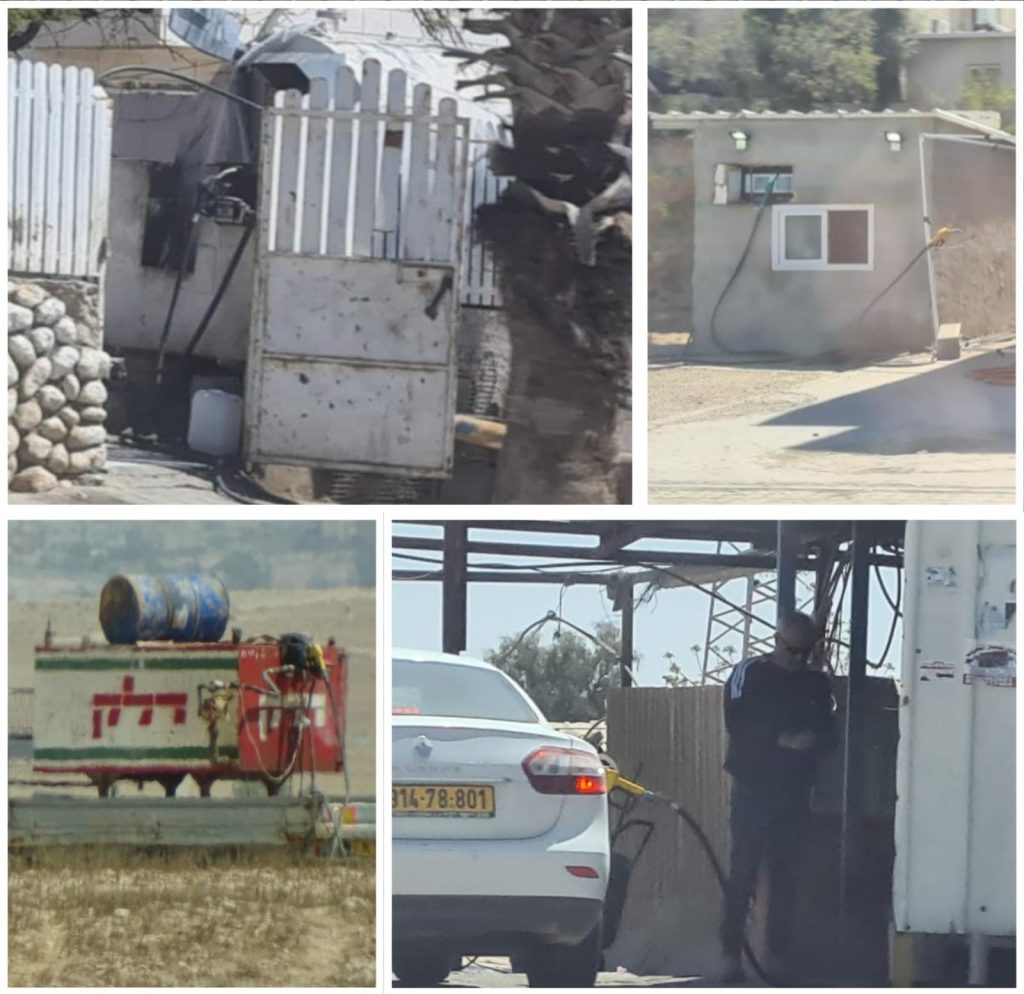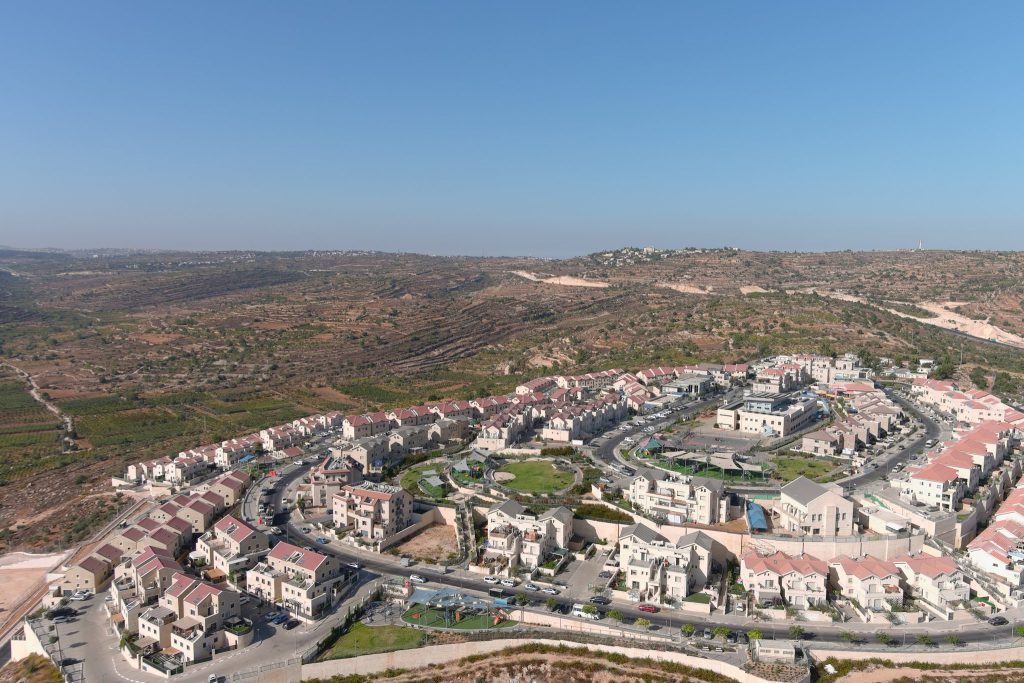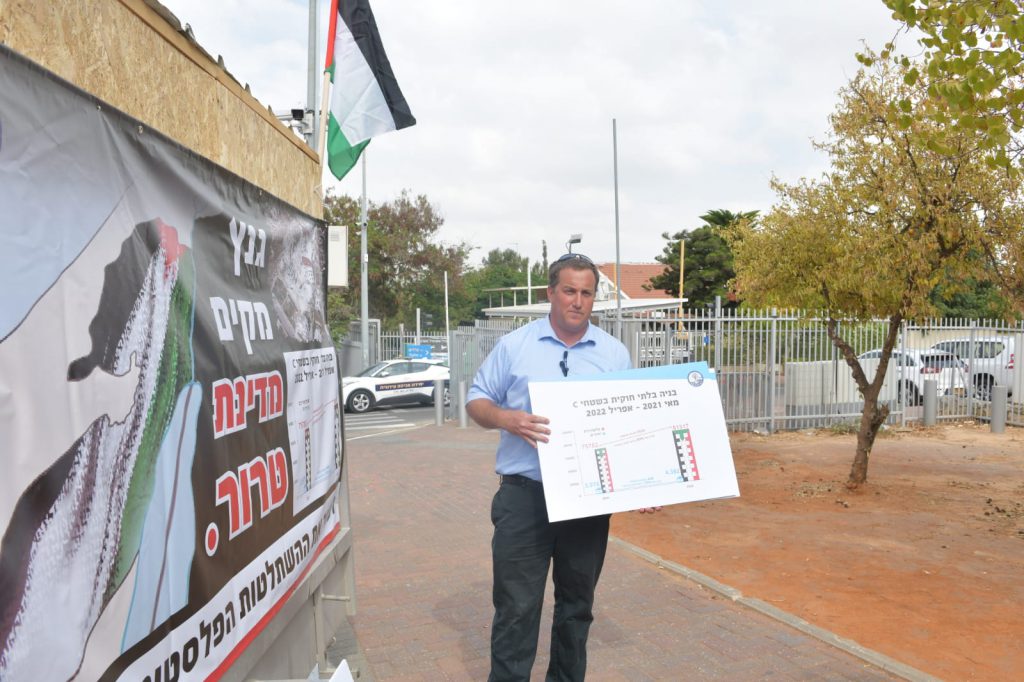
PRESIDENT ISAAC Herzog speaks as US Secretary of State Antony Blinken looks on, in Tel Aviv on Tuesday. While the PA proudly declares its full partnership with Hamas, the US continues to maintain that this twisted leadership is a viable alternative for post-war Gaza, says the writer.
Many Israelis have begun to understand that on the “day after,” we cannot simply revert to the “day before.”
The basic, underlying assumptions and security paradigms upon which Israeli policy has been built for decades came crashing down on October 7. On that day, it became painfully clear that the underlying assumptions upon which Israel has based its relationship with the Palestinian Authority (PA) and with the Arab population of Judea and Samaria and the Gaza Strip were rooted in fallacies, misconceptions, and even self-delusion.
Despite all evidence to the contrary, we continued to pretend – and behave – as if we had a partner that shared the values we Israelis cherish, and we ascribed our own aspirations to our Palestinian interlocutors: to live in peace and prosperity; to provide a better future for our families; and to live in dignity under strong democratic institutions that protect our values and nurture progress and development.
Unfortunately, all our wishful thinking was proven to be nothing more than self-delusion but if misery loves company, we can console ourselves in the knowledge that we are not alone in this massive failure. Our Western allies – principal among them our closest and staunchest ally, the United States – continue to operate under the same delusions.
Palestinian Authority declares full partnership with Hamas
While the PA proudly declares its full partnership with Hamas, not only in spirit but also in the murderous actions of October 7, the US continues to maintain that this twisted leadership is a viable alternative for post-war Gaza. The “martyrs” and “prisoners” funded by the PA – those who either succeeded or attempted to murder Israelis but were neutralized or apprehended by the IDF – are as much a testament to the PA’s intentions as the official PA curriculum, the countless public pronouncements by PA officials, or the refusal of the PA to amend its charter, which continues to call for jihad and the eradication of Israel.

PALESTINIAN AUTHORITY head Mahmoud Abbas attends Christmas Midnight Mass at the Church of the Nativity in Bethlehem, last year. Abbas, in recent years, has depicted Jesus as Palestinian, says the writer. (credit: Ahmad Gharabli/Reuters)
Similarly, the unchecked illegal PA program of de facto annexation of areas under full Israeli jurisdiction – “Area C” – has been willfully ignored by successive Israeli governments in the decades since the PA launched the Fayyad Plan. This openly violates international law with the support of the European Union and a host of governments that pay lip service to their commitment to that same law and to “a negotiated resolution of the conflict.” Israel continues to cling to collapsed enforcement paradigms and delusional “appeasement” and “tolerance” that have turned its national interest into nothing more than a rumor.
It’s time for a reality check. It’s time to reexamine the underlying assumptions and begin to rebuild our security paradigm. Some in the US have started to demand that their government shake off the reverie of self-delusion; a recent opinion piece in The Wall Street Journal calling for an end to US tax dollars funding the PA’s pay-for-slay program, to which the October 7 murderers have been added, is a case in point.
Israelis should be doing the same.




